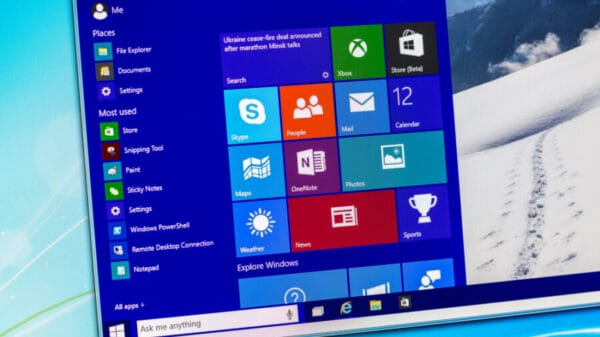Software projects today require effective leadership, which differs from regular business operations due to their complex nature involving multiple organizations, departments, and vendors. These projects often carry higher stakes and expectations. Consequently, successful projects exhibit effective leadership behaviors from various individuals more frequently than typical projects.
Effective leadership traits such as vision, creativity, motivation, enthusiasm, encouragement, and empathy can lead to better project outcomes. Leadership involves influencing individuals within and outside the project team to achieve desired results through attitude, talent, character, and behavior.
Leadership is not confined to a specific role. High-performing projects may showcase multiple individuals with effective leadership skills, such as project managers, sponsors, stakeholders, senior management, or project team members. Anyone involved in a project can exhibit leadership qualities to enhance team performance and achieve desired results.
Conflict and confusion can arise when project participants exert influence in different directions. However, successful projects demonstrate a balance of multiple influencers contributing complementary leadership skills. For instance, a sponsor setting priorities may prompt a technical lead to explore delivery options while team members discuss pros and cons, ultimately leading to a consensus strategy facilitated by the project manager. Effective leadership involves motivating, influencing, guiding, and coaching individuals under various circumstances, incorporating organizational culture and practices.
Leadership should be distinguished from authority, which represents the control given to individuals within an organization for efficient functioning. While authority entails the right to exercise power formally delegated through a role or title, leadership involves motivating a group toward a common goal, aligning individual interests for collective effort, and achieving success as a team.
Effective leadership styles vary, and the most suitable style depends on the situation. For example:
– In chaotic situations, directive action may provide clarity and momentum.
– Empowered delegation can enhance productivity in environments with competent and engaged staff.
– Neutral facilitation may aid senior managers in prioritizing effectively.
Enhancing leadership skills is a valuable professional asset that benefits individuals, projects, and stakeholders. Continuous improvement at a personal level is common in high-performing projects, achieved by practicing various skills such as setting goals, articulating a vision, seeking support, generating consensus, overcoming obstacles, resolving conflicts, adapting communication styles, coaching team members, rewarding positive contributions, facilitating decision making, and more.
Personal character is crucial in leadership, as trust and integrity influence effectiveness. Transparent, unselfish, and ethical behavior, along with self-awareness, adaptability, and empathy, are key traits of effective leaders. Leaders serve as role models, shaping project team behavior through their actions.
Understanding individual motivations is essential for project success. Effective leaders align leadership traits with stakeholders’ needs, communicate effectively, motivate team members, and manage challenges to enhance project performance. Shared responsibility fostered by leadership can create a positive project environment. Motivators like finances, recognition, autonomy, purpose, growth opportunities, and personal contributions drive project success.
Engagement among project teams, members, and stakeholders is crucial for project success. Effective leadership ensures a focus on delivering results collaboratively and ethically, driving positive project outcomes.
Successful projects rely on strong leadership, creating an environment of trust and motivation among team members. Leadership plays a crucial role in setting expectations, fostering collaboration, and inspiring individuals to excel. Leaders should adapt their communication style, delegate tasks effectively, and serve as ethical role models. By investing in leadership development, organizations can enhance project management and achieve better outcomes. Effective leadership empowers teams to take ownership and deliver successful results. Ultimately, strong leadership contributes to on-time, under-budget project completion and aligns with the organization’s goals.















